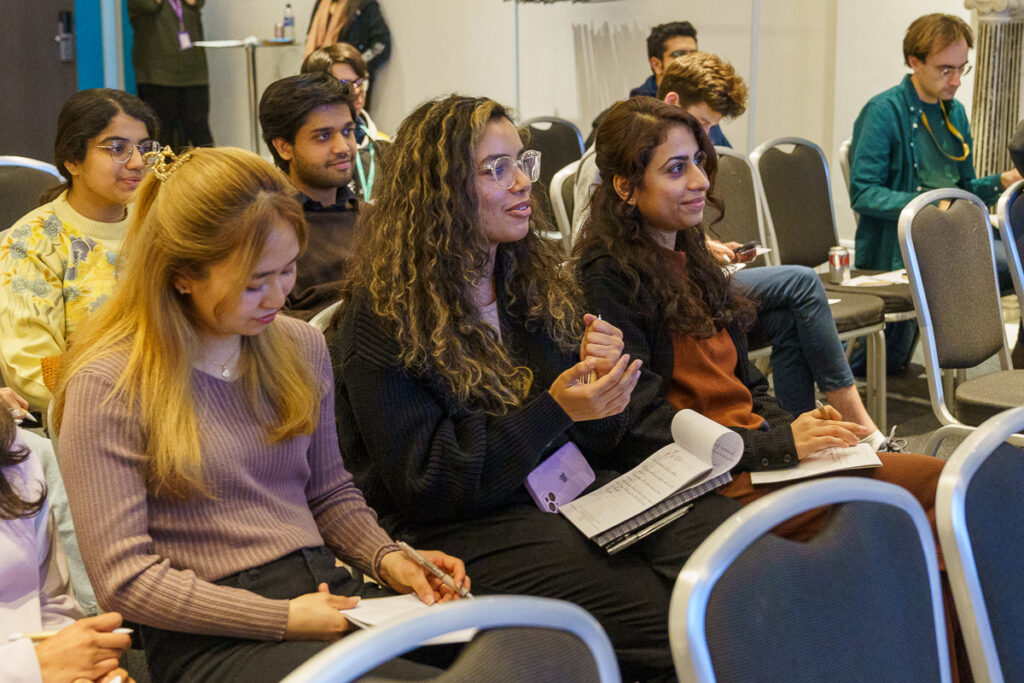If you’re coming to the end of your degree program and wondering how to penetrate today’s competitive labor market given the increasing number of emerging graduates, this article is for you. While a good qualification from a reputable institution may get your foot in the door, you will need more than a generic CV or Resume to secure your seat at the table. Here are some tips on routes and ways to get you started on your career path.
Volunteering
Many recruiters today consider work experience as an essential requirement in addition to academic qualifications. Engaging in some voluntary work before, during or soon after your studies (as you wait for responses to your applications) is a chance to gain some practical experience while building on your work record.
Volunteering also gives you the time to develop your skills and acquire new ones, with teamwork being fundamental and valuable to most potential employers. Whether you decide to dedicate your service to a cause that has no direct link to your career target or you do find a position in an organization you would love to work for, volunteering presents an opportunity for networking which could help you land a permanent job in the future.
Instead of binging on a Netflix series all day, sign up for a voluntary position and expose yourself to new experiences while expanding your network and increase your knowledge.

Internships
Internships, like volunteering, provide an opportunity to demonstrate your suitability to a potential employer while developing career-relevant skills. Most companies now use internships as a recruitment tool for more permanent positions, so don’t write it off as a menial position.
Paid or unpaid, an internship is essentially the first step into a professional career as it gives you the real-life experience of the job. Also, an internship often provides access to events and conferences where you will interact and network with professionals, who can potentially become future references, mentors or employers.

Develop Marketable Skills
In addition to certified technical skills, recruiters today are looking for employees with abilities distinguish candidate one from the next and leverage yourself in a competitive job market, you will need to develop and maintain a set of skills that will. This list compiled by the U.S. Secretary of Labor and the Commission on Achieving Necessary Skills (SCANS) highlights some of the key foundation skills and basic workplace competencies that are critical for employment:
- Basic Skills – Reading, writing, arithmetic, mathematics, speaking, and listening
- Thinking Skills – Abilities to learn, reason, think creatively, make decisions, and solve problems
- Personal Qualities – Individual responsibility, verbal and written skills, self-esteem, self-management, and integrity
- Resourcing Skills – Allocate time, money, materials, space, and staffing.
- Interpersonal Skills – Participate in teams, teach others, serve customers, lead, negotiate, and work well with people from culturally diverse backgrounds.
- Information Skills – Acquire and evaluate data, organize and maintain files, interpret and communicate, and use computers to process information.
- Systems Skills – Understand social, organizational, and technological systems; monitor and correct performance; and design or improve systems.
- Technology Skills – Select equipment and tools; maintain and troubleshoot equipment, and apply technology to specific tasks.
- Transferable Skills – Basic skills that transfer from one job to another, which include communication and interpersonal skills of managing, organizing, coordinating, and writing.
- Adaptive Skills – Personal traits that develop through life experiences. Although these skills may not be specific to any one job or career, they are extremely important to employers and to sustaining employability; therefore, they are very marketable. These include passion, flexibility, leadership, patience, responsibility, maturity, decisiveness, commitment, and enthusiasm.

Continuous Skills Development
Many young people are under the impression that graduating from a university means waving goodbye to readings, exams, and assessments. Unfortunately, today’s workplace is an equally intense and competitive learning environment that demands continuous skills development. New technology, legislation or customer demand may shift an organisations goals and needs which has implications for the staff.
So before you get the job, look into how you can improve your skills as this will heighten your employability levels. And after you have secured that job, continue to upskill and expand your knowledge through learning a new language, taking on a short course or joining and engaging with professional associations. The more skills you have to offer, the better your CV will be when compared to someone who just relies on his/her university qualifications. These are some useful sites for personal development:
- Lynda.com is a leading online learning platform that helps people learn business, software, technology, and creative skills to achieve personal and professional goals. Usually, they offer a free trial for LinkedIn members (another reason to set up a LinkedIn account) and they have a wide range of video courses so you can hit various topics you might need or interested in.
- Udemy is a global marketplace for mastering new skills by learning from an extensive library of over 45,000 courses taught by expert instructors. It’s a learning marketplace where instructors from different fields create lessons on a diverse array of topics – from programming to woodworking skills to publishing your book. This site offers a plethora of courses so you have to hunt to find the perfect course for you.
- Coursera is a wonderful resource for learning, reviewing, and discussing academia with lessons by top instructors from the world’s best universities and educational institutions. They have recorded video lectures, auto-graded and peer-reviewed assignments, and community discussion forums. For a starting price of $29, you can learn new skills in 4-6 weeks and earn an electronic course certificate that you can share.
Create a professional online profile
The platform has developed into one of the most reliable vehicles for finding networks, internships and job prospects, and if you haven’t already created one, your LinkedIn profile is more important now than ever. Employers actively use this platform to source candidates, with some applications accepting a summary of your profile as a CV so ensure that it is up to date.
Use LinkedIn to engage with other professionals in your field of interest, sharing useful and commenting on what others post. The more engagement and wider your network, the greater your visibility. DO NOT use caricatures and avatars for your online profiles. Instead, invest in some professional headshots for all your social media accounts.

Hopefully, these few pointers will guide and help you as you prepare for the world outside the walls of the university.
Have you also read these articles?

